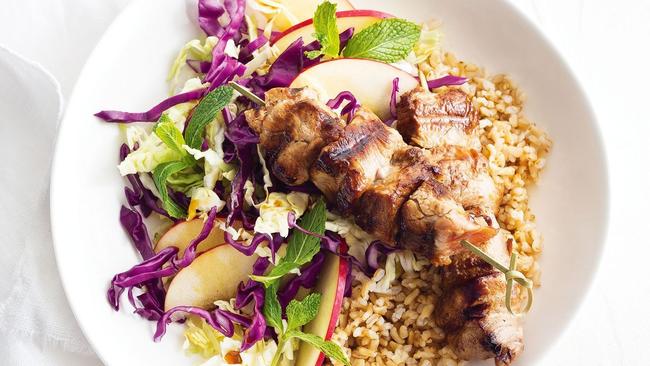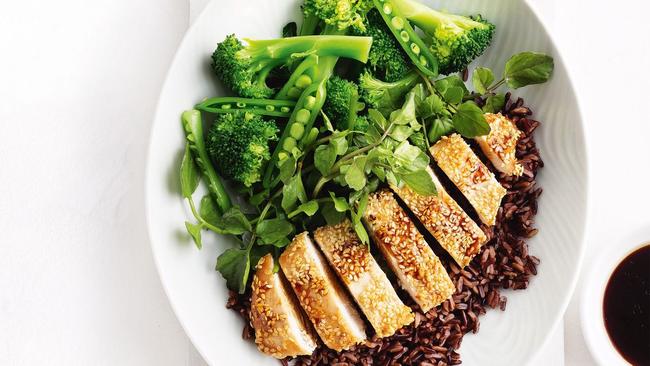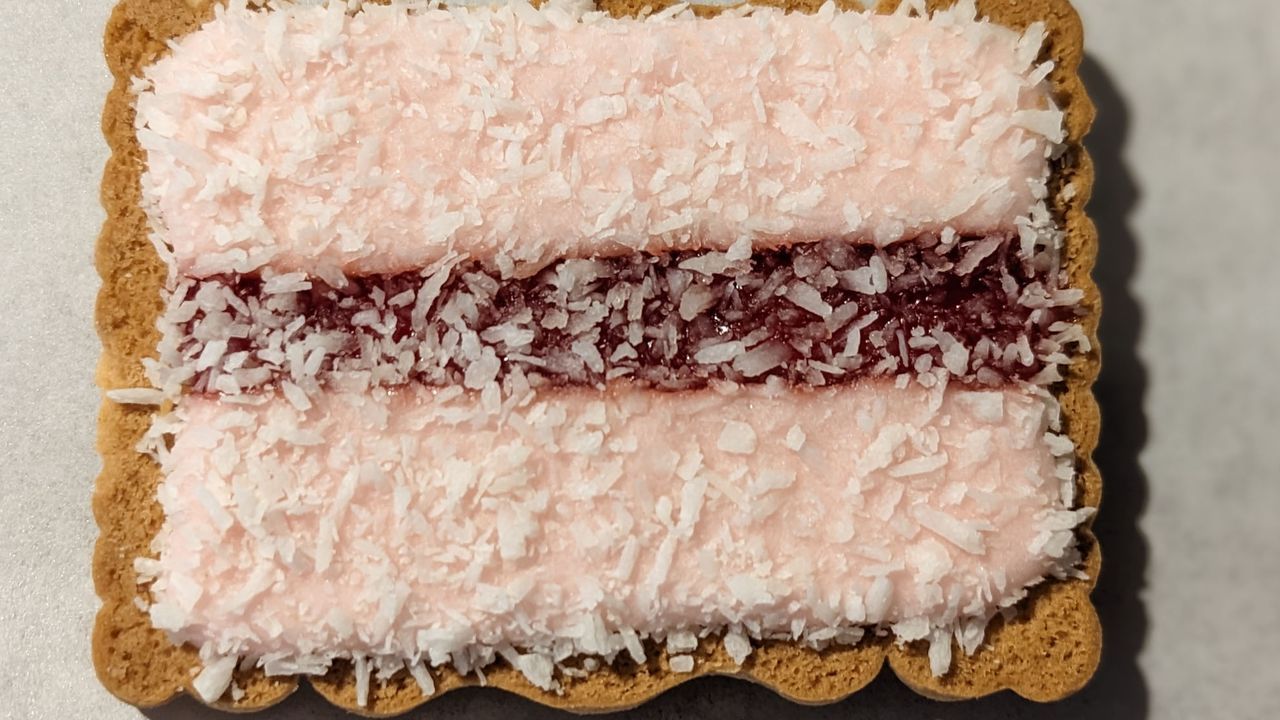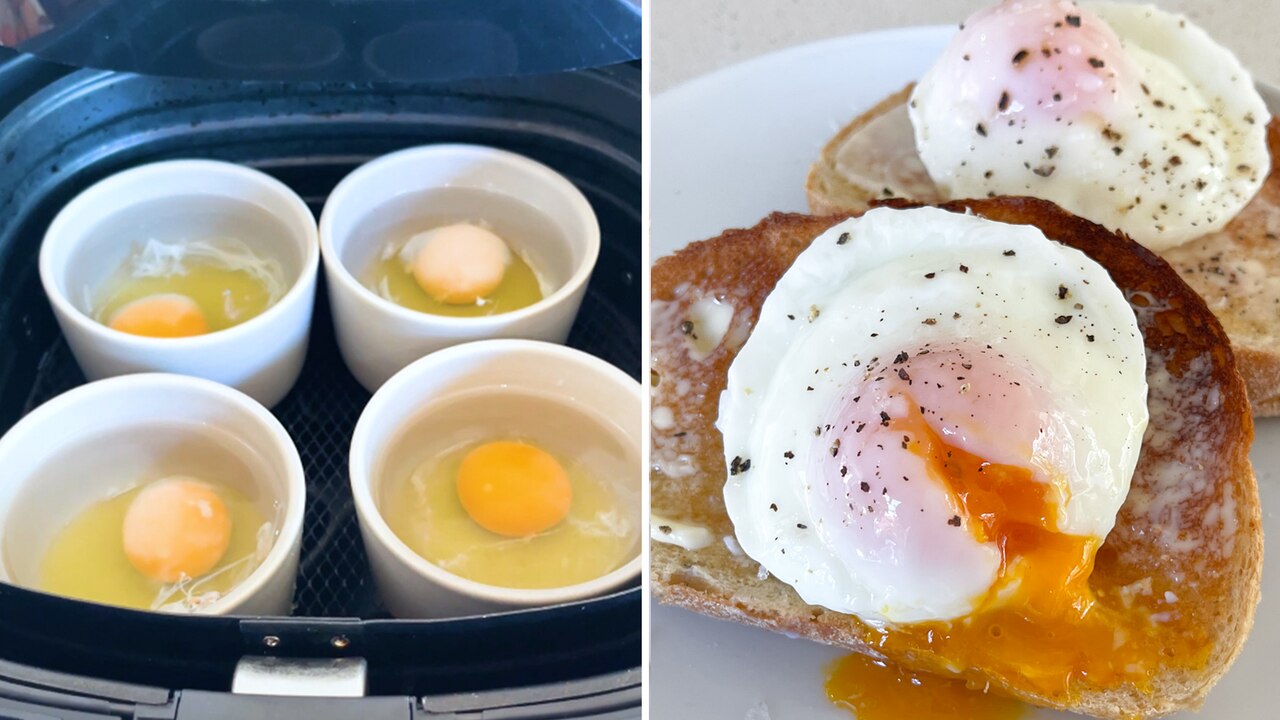The worst foods to eat before going to bed (and what time to stop eating)
Nutrition editor Chrissy Freer spills her tips for the worst foods to eat before going to bed (and what time to stop eating).

Indigestion and acid reflux: foods to avoid
Indigestion and acid reflux is a common cause of poor sleep and nighttime waking. Certain foods and drinks can aggravate the oesophagus or weaken the lower oesophagus sphincter (the valve between your stomach and the oesophagus), resulting in acid from your stomach moving into your oesophagus, causing irritation.
To help prevent that burning feeling, make sure you don’t overeat at dinner time, eat slowly (and chew properly), and try avoiding trigger foods. Spicy foods such as those with lots of chilli, garlic and onion can be problematic for some, as can high fat foods (think anything deep fried or creamy). Chocolate, especially dark chocolate, and high-acid foods such as citrus and tomatoes are also known culprits, as well as alcohol and caffeinated drinks such as coffee or coke. Note: the foods that cause reflux aren’t the same for everyone, so it’s important to find your own triggers.
For a tasty dinner option that avoids these food groups try these ginger and tamari pork skewers with cabbage, apple and herb salad.

Should you avoid sweet foods before bed?
Do you raid the pantry looking for something sweet after dinner? Overindulging in sweets after dinner can in fact reduce sleep quality by causing fluctuations in blood sugar and hormone levels during the night. Top causes for nighttime sweet cravings include learned behaviour (i.e. always having dessert after dinner as a child) and not eating enough during the day, which also promotes unstable blood sugar levels. Restricting all day, (even only mild restriction), and especially avoidance of carbohydrates, can lead to intense carbohydrate cravings and overeating sweet things in the evening, which is counterproductive!
Ensure your daytime meals are balanced with a serve of protein, as well as including some good quality complex carbs (e.g. wholegrains or starchy veg), plus non-starchy veggies and/or fruit (for added fibre) to help keep you feeling full and blood sugar and energy levels stable.
Likewise ensure there is an adequate serve of protein (e.g. a serve of lean meat, fish, legumes or tofu) at dinner time as protein is both satiating, does not cause sugar spikes and therefore linked to improved sleep quality. If you still have a craving for something sweet after dinner, opt for fresh fruit, which contains natural sugar, as well as containing dietary fibre, and – even better – add a dollop of unsweetened Greek yoghurt for added protein and satisfaction.
This sesame chicken with black rice, sugar snaps and broccolini is a perfect option for staving off those sweet-tooth cravings.

When should you stop eating before going to bed?
Try and eat dinner at least 3 hours before bedtime, or any after-dinner light snacks at least an hour before bed to ensure digestion doesn’t interrupt your sleep.
It’s a bit of a no brainer, but avoid caffeine or energy drinks, from midday on onwards and swap for herbals teas or non-caffeinated alternatives.
If you’re struggling with insomnia, try avoiding or reducing your alcohol intake. While alcohol may help you fall asleep initially, being a nervous system depressant, it is also known to disrupt sleep cycles (it reduces REM sleep) and overall sleep quality. Even low amounts of alcohol (one standard drink for women or two standard drinks for men) has been shown to negatively impact sleep.
If you do need an evening snack, try one that contains magnesium (nuts, seeds, wholegrains, avocado, banana), the essential amino acid tryptophan (cheese, milk, pumpkin seeds, peanuts) and/or melatonin (tart cherries, milk, pistachios), all being linked to improved sleep quality. Try a warm glass of milk, peanut butter or cheese on wholegrain crackers, Greek yoghurt sprinkled with dried tart cherries or sliced banana, or a handful of nuts and seeds (e.g. pistachios, pumpkin seeds and almonds).
*This information does not constitute or replace professional medical or dietetic advice received by individuals.
More healthy eating tips
Originally published as The worst foods to eat before going to bed (and what time to stop eating)


